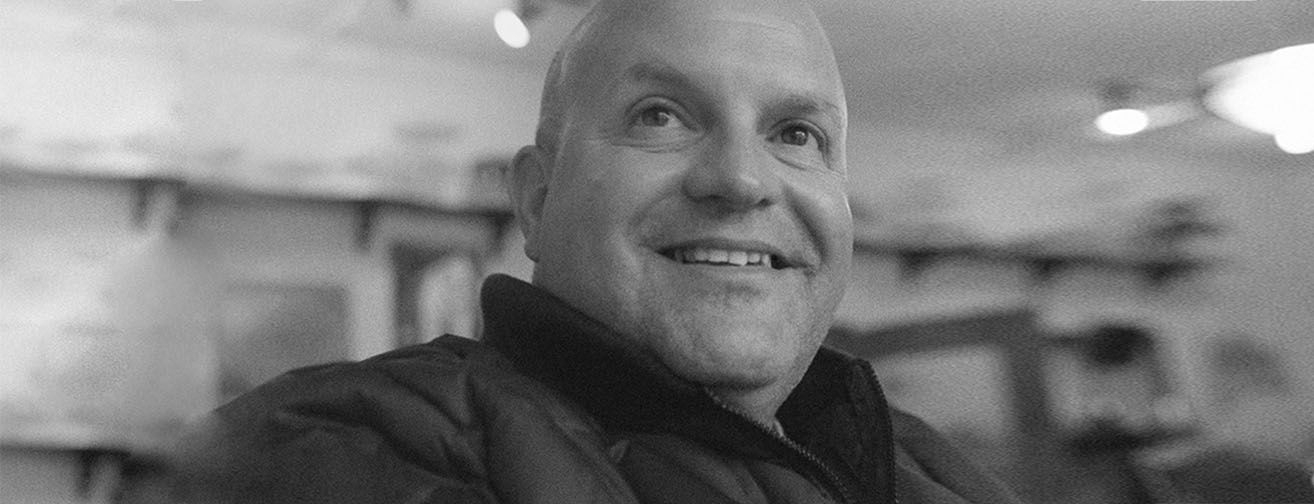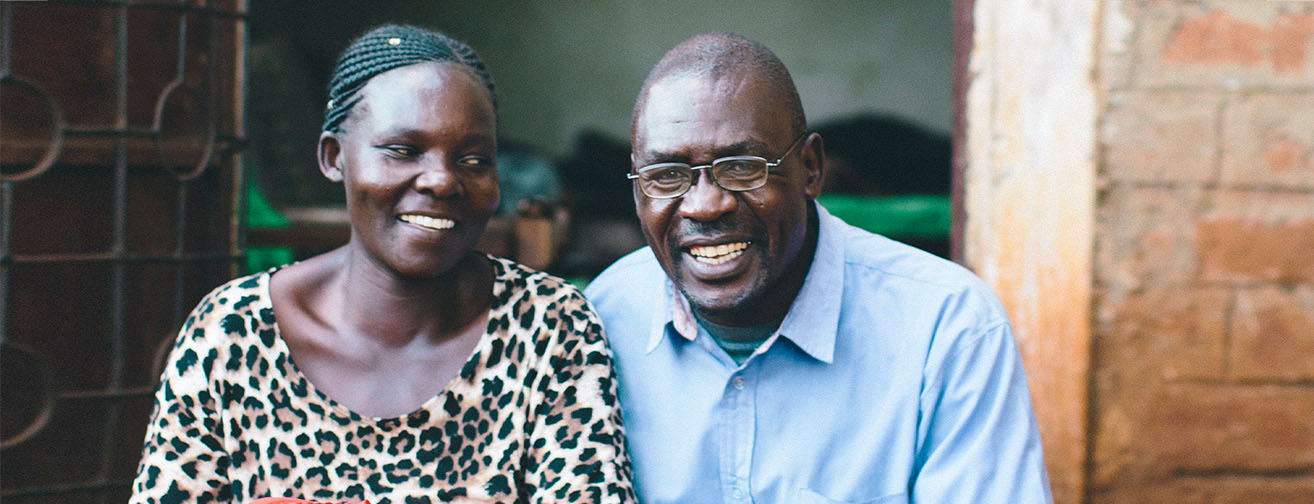Today, we are going to address the subject of your core beliefs. As Christians, when we hear the word beliefs, we often associate it with doctrine or theology, but that is not what we are talking about here. In this lesson, when you see the word belief, we are not addressing anything academic. We are going much deeper than that to the beliefs we hold in our hearts about God and reality.
Most of us live completely unaware of the core beliefs that drive our lives.
As an example, as Christians we all know that we are called to be generous. We can easily quote Bible verses about giving. But at the end of the day, many are still driven by greed and struggle to live a generous life. Why? It comes down to their core beliefs, which often operate undetected in the depths of our souls. The person who struggles to be generous has certain core beliefs about money that they would rarely verbalize—especially in church. Some of these might be:
- I can’t trust God to come through for me, so I have to come through for myself
- Money is my source of security and safety
- I can’t fully trust God to provide for me, so I need a backup plan
- Giving more will make me less happy because I won’t be able to get what I want
Like previously mentioned, we would rarely verbalize beliefs like this—but our lives are the true evidence of what we believe. Unless we address the destructive core beliefs and replace them with truth from God’s Word, they will continue to wreak havoc in our lives and hold us in bondage.
The same is true for our struggles in the area of sexuality. This is not a comprehensive list, but will help you to identify some of the beliefs that may be operating underneath the surface in your own life, keeping you stuck in a cycle of sexual sin. Some of these are:
- I cannot be happy or fulfilled in life without sex/porn
- Sex is the ultimate source of pleasure in life
- I cannot trust God to give me an exciting sex life
- God requires me to choose between obeying him and happiness
It is only when we begin to identify these core lies that operate in the shadows that we can replace them with the truth. Repentance, while having an impact on our behavior, starts with us changing our minds. The greek word for repentance, metanoia, essentially means a change in the mind that results in a change in the life. At its core, it begins by seeing differently. It comes from a deep internal shift that results in an external shift. This is why simply trying to change your behavior does not work. Your behavior is a fruit of something far more deeply rooted, and unless you are willing to go deep and get to the source of the problem, the problem will come back no matter how hard you try to pick the bad fruit off the tree.
A.W. Tozer once said, “A low view of God is the cause of a hundred lesser evils. A high view of God is the solution to ten thousand temporal problems.” True repentance begins with seeing God differently. When we get a better view of God in our own hearts, we will see this play out in our lives. In Romans 2, Paul makes this profound statement:
“Are you [actually] unaware or ignorant [of the fact] that God’s kindness leads you to repentance [that is, to change your inner self, your old way of thinking—seek His purpose for your life]?” (Romans 2:4, Amplified)
Why is God’s kindness the foundation for repentance? It comes down to our core beliefs about Him. Our behavior flows not from our academic assertions about God, but from what we truly believe about Him in the core of our beings. If we view God as withholding and unreliable, we will take matters into our own hands. But if we view Him as good and worthy of our trust, as one who fully desires what is best for us—that will play out in our behavior. The way we choose to live is the truest reflection of what we really believe about God. Said differently, if you want to know what you really believe, look no further than the actions you choose.
Seeing God as a loving Father who desires our good is the key to living differently. If God is truly good, then He can be trusted, and it is trust that ultimately leads to obedience. When we exchange false ideas of God for the truth, we will finally find ourselves able to repent—for indeed, that is exactly what repentance is—a change in the way we think that produces a change in the way we live.
Day 16 Freedom Work
Scripture Reading — Read Romans 1-2, taking notes of what causes people to live in sin, and what leads them to repentance.
Journaling Exercises — Answer the following questions at length in your journal. Aim to write for about 5-7 minutes per question:
- What core beliefs listed above do you identify with? What are some other core beliefs that you can think of that may be keeping you stuck?
- What do you really believe is true about God’s heart toward you? How does this play out in your life and in the choices you make?
- If you truly and fully believed that God’s heart toward you was good and that He could be trusted, what impact would that have in the way you choose to live?
Prayer — Father, I don’t want to walk in deception or under the influence of lies. Help me to trust that your heart toward me is good, and expose anything in my heart that I’ve believed to the contrary that is keeping me in bondage. Reveal your kindness and your love to me in profound ways, and help me to live in a deep revelation of your goodness toward me. Help me to know your love which surpasses knowledge, not just in my mind—but deep in my heart. I don’t want to just read about your love. I want to know you intimately. Help me to encounter your love in deeply transformational ways that lead me into true repentance. Amen.





